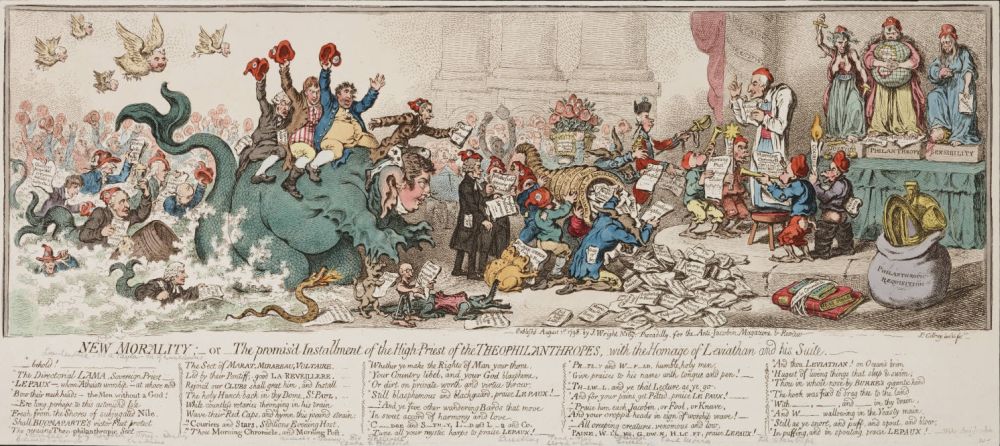
The rise of the view that “it’s all about me” is commonly viewed as a decline in morality. Vanderbilt law professor Edward Rubin says that’s all wrong. He writes in his new book Soul, Self and Society: The New Morality and the Modern State that we aren’t seeing a decline in morality, but merely the rise of a new morality.
This new morality turns out to have just as many rules and prohibitions as the old one. For example – this is Rubin’s example, not mine – one must not express disapproval of the sexual behavior of anyone else, or one will be punished by those in authority.
Well, yes, I suppose one can call such a thing a new morality. And yes, I agree, it is strenuous and burdensome. If anything, this dreary code of correctness has more taboos than the old one, and its strictures are not gates of life, but portals of death.
But why stop with one new morality? The possibilities are endless. Abortion is the token of a child-free morality. Wife-beating expresses the exuberance of a morality of male empowerment. Theft is the anthem of a morality more open to the sharing of wealth.
I do think Rubin misrepresents the old morality. He writes as though fulfillment is something new in the history of ethics. Poppycock. Aristotle wrote that ethics is about human flourishing; St. Thomas Aquinas wrote that the ultimate goal of human life is that complete and final happiness which leaves nothing further to be desired, which turns out to be the vision of that God whom we naturally love more than ourselves.
The really distinctive mark of the so-called new morality isn’t its insistence on fulfillment, but its confusion of fulfillment with self-indulgence. But that’s not really new either. The old-fashioned word for it is “sin.”
Tomorrow: What Feminism Has Achieved for Women